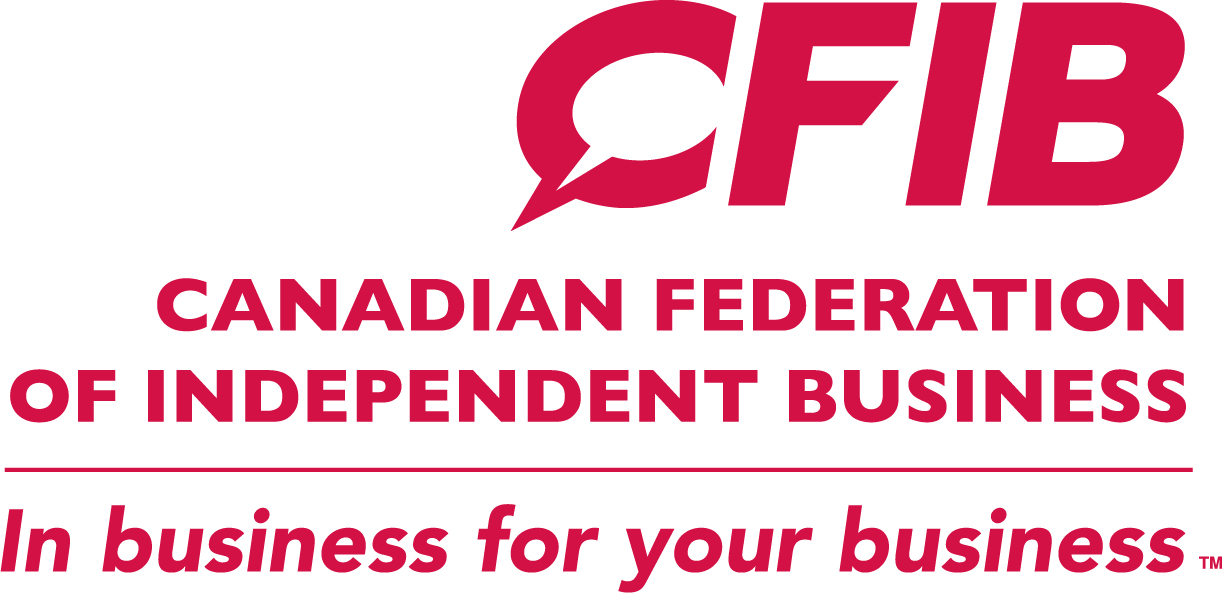Half of small firms report a drop in sales due to COVID-19, a quarter say they won't survive a month with a big drop in income Français
TORONTO, March 17, 2020 /CNW/ - Half of Canada's small firms have already seen a drop in sales due to the economic effects of COVID-19, with 4 in 10 of those affected businesses also reporting a decrease greater than 25 per cent, according to a new survey conducted by the Canadian Federation of Independent Business (CFIB).
"The early economic impacts of coronavirus on Canada's SMEs has been massive," stated Dan Kelly, CFIB president. "Even more alarming is our finding that a full quarter of small firms would not be able to survive for more than a month with a drop in business income of more than 50 per cent."
Other key small business findings include:
- The sectors most negatively affected are hospitality, arts/recreation, retail and personal services;
- The average cost to those affected by the economic impacts of COVID-19 is about $66,000;
- 43 per cent have reduced hours for staff and 20 per cent have started temporary layoffs;
- 38 per cent have experienced supply chain issues;
- 42 per cent said they will have zero sales if face-to-face contact becomes impossible.
"CFIB is advising all small business owners to listen and respond to the advice of public health officials in order to keep their employees and customers safe," added Kelly. "However, we must recognize that calls for self-isolation have massive economic consequences for many Canadian small businesses, especially as close to two-thirds of small firms would not be able to quickly shift more than 10 per cent of sales to online or telephone options."
"While waiving the one-week EI waiting period and expanding the Work-Sharing program were helpful moves, CFIB is concerned with calls to mandate employers to provide 14 sick leave days at a time when they are already experiencing tremendous cost pressures and decreases in revenues," added Corinne Pohlmann, CFIB's senior vice-president of national affairs. "Governments need to step in and offer direct cash support to employees and the self-employed who are forced to self-isolate, as has happened in the UK, Ireland, Norway, Sweden and Denmark."
When asked what additional measures governments should put in place to help them, 91 per cent said government should offer direct financial support for firms experiencing a significant drop in sales. In addition, small business owners suggest governments:
- Provide temporary tax relief on income, payroll and sales taxes (69%)
- Cancel planned tax increases such as CPP/QPP and carbon tax (66%)
- Delay tax filing deadlines and eliminate penalties for late payments and remittance (65%)
- Introduce wage subsidies for businesses to retain staff (58%)
- Create incentives to boost consumer spending (46%).
"We trust that governments are doing everything they can to ensure Canadians are safe," concluded Kelly. "But we must also ensure the economic survival of our small and medium-sized businesses to ensure we can get back to normal as soon as the threat is over."
Read the full survey results for more details.
About CFIB
The Canadian Federation of Independent Business (CFIB) is Canada's largest association of small and medium-sized businesses with 110,000 members across every industry and region. CFIB is dedicated to increasing business owners' chances of success by driving policy change at all levels of government, providing expert advice and tools, and negotiating exclusive savings. Learn more at cfib.ca.
SOURCE Canadian Federation of Independent Business

For media enquiries or interviews, please contact: Milena Stanoeva, CFIB, 647-464-2814, [email protected]

Share this article